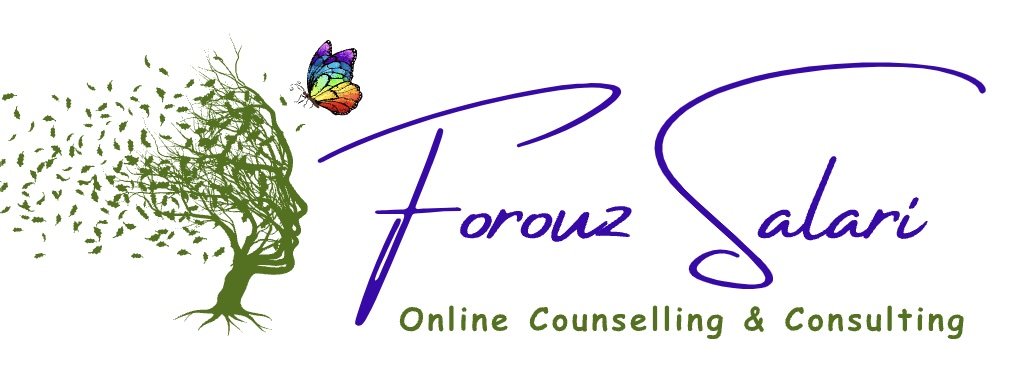Recognizing & Using Our Different Forms of Power in a Rapidly Changing Workplace
Change is constant in the workplace — and often, it comes without our direct input or control.
For many professionals, especially those without positional power (formal titles or decision-making roles), this can feel disorienting.
But power is not limited to hierarchy!
Drawing on Julie Diamond’s Diamond Power Index™ (DPI), we can expand our understanding of power beyond position to include:
Expert Power - our knowledge, training, credentials
Experience Power - our professional and lived experiences
Personal Power - our values, insights and resilience
Informal Power - our seniority, trusting relationships and networks
Social Power - our identities, privileges and social location
When organizations are in flux, it becomes especially important to recognize and leverage these forms of power with intention.
Rethinking Power Beyond Hierarchy
For many of us, the word power carries a heavy, negative connotation. It can bring up memories of misuse — whether in personal relationships, workplace structures, or broader systems of oppression. Understandably, this makes some of us reluctant to even claim the word.
But power itself is not inherently harmful. It’s about how we recognize, hold and use it. Shifting the narrative from power over to power with allows us to see our influence differently. Power becomes less about control and more about agency, connection and responsibility.
Applying Power When You Don’t Have Positional Authority
When you aren’t the one making final decisions, it can feel like your influence is limited.
But the truth is: you still hold meaningful power! Here’s how:
Leverage Informal Power: Use your relationships, networks and credibility with colleagues to shape conversations, share perspectives, and support collective resilience. For example, senior staff can orient new team members by sharing the organization’s history and context — knowledge that leaders may overlook, but that helps newcomers feel grounded and connected.
Draw on Expert & Experience Power: Bring forward your unique knowledge and lived experiences as valuable contributions. Your professional background and personal insights equip you with perspectives others may not see, which can help teams problem-solve creatively in times of uncertainty.
Claim Your Personal Power: Ground yourself in your values, boundaries and inner wisdom. In rapidly changing environments, this type of self-awareness provides stability and clarity, even when external structures feel shaky.
Power in Context: Hierarchical vs. Collaborative Systems
It’s important to name that the effect of power shifts depending on organizational structures…
In highly hierarchical, neoliberal nonprofit systems (common across North America), informal or relational power may have less visible influence compared to flatter, more collaborative organizations.
This doesn’t mean your contributions don’t matter — it means you may need to be strategic in how and where you apply them.
Recognizing the limits of the system can help you decide whether you want to continue investing in an organization as it undergoes years of change, or whether your energy might be better aligned elsewhere.
Valuing Recognition and Compensation
Another complexity of power is recognition.
Many employees hold significant informal or experience power but don’t feel this is acknowledged by leadership — whether through pay, title or visibility. This tension is real. Power without recognition can feel like responsibility without reward.
In these cases, reflecting on what forms of being valued matter most to you is critical. For some, it may be financial compensation. For others, professional growth, work-life balance, or alignment with values may weigh more heavily. Understanding this for yourself helps you make informed decisions about your future within an organization.
Finding Agency in Times of Change
When organizations go through major shifts, it can feel chaotic — much like adolescence, full of upheaval before finding stability. This stage often lasts years!
During this time, your personal agency and autonomy lies in asking:
Do I want to be part of this process?
Am I willing to witness and be impacted by this phase of transformation?
What role do I want to play in shaping (or not shaping) this journey?
Even when you don’t hold positional authority, you still hold choices, influence and forms of power that matter. Recognizing and using them intentionally allows you to stay grounded, connected and impactful — even in environments of rapid change.


